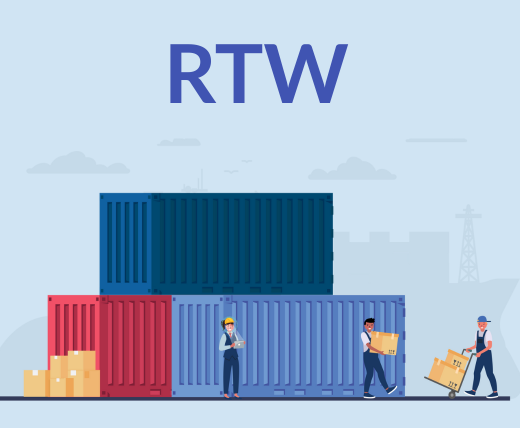New Right to Work checks for Gig Economy and Self-Employed workers: a shift in UK immigration law

The UK government has recently announced significant changes to immigration law that will affect businesses hiring gig economy workers, zero-hours contract employees, and self-employed contractors. As part of a wider crackdown on illegal working and rogue employers, the Home Office is introducing plans which require UK organisations to conduct mandatory Right to Work checks on anyone working on their behalf, regardless of employment status or contract type.
Extending employment checks to the Gig Economy and Self-Employed workers
Under the new regulations, businesses in industries that rely on gig and self-employed workers – such as food delivery, construction, beauty salons, and courier services – will be required to verify the immigration status of all workers. Previously, gig economy employers were not legally obligated to carry out these checks, and firms were only responsible for conducting checks on self-employed workers if they have sponsored the visa allowing them to work in the UK. With this future change, employers will need to confirm that all workers, including those who are self-employed or on zero-hours contracts, are legally eligible to work in the UK. This move will help to level the playing field between traditional and flexible employment models, ensuring fairness and consistency across the labour market.
Penalties for non-compliance
This initiative is a key part of the government’s broader efforts to tackle illegal immigration, exploitative working practices, and organised immigration crime. Home Secretary Yvette Cooper stressed that addressing illegal working is critical to preventing people smugglers from exploiting vulnerable migrants by falsely promising employment opportunities in the UK.
Employers who fail to carry out the required Right to Work checks could face severe penalties. These include fines of up to £60,000 per illegal worker, business closures, disqualification of company directors, and even potential criminal prosecution. Furthermore, an immigration enforcement visit can severely damage an employer’s reputation and public confidence, making it crucial for businesses to comply with the new rules.
The government has increased its immigration enforcement efforts, including a surge in raids, arrests, and civil penalty notices for businesses caught employing illegal workers. Since last July, immigration enforcement teams have made over 4,700 arrests across more than 6,700 illegal working visits, issuing thousands of civil penalties, marking a 40% increase compared to the previous year.
Impact on UK businesses
Employers in industries that rely on casual or self-employed labour, particularly those in the gig economy, will need to review and potentially update their onboarding processes and internal systems to ensure compliance with the new regulations.
Thankfully, confirming an individual’s Right to Work is easier than ever with digital verification tools. Identity Service Providers (IDSPs), such as TrustID, offer fast and accessible services that streamline the verification process, typically taking just a few minutes to complete.
Conclusion
The government views these updates to Right to Work checks as a vital step toward making the UK’s immigration system more robust, fair, and secure. Extending these checks to gig economy and self-employed workers ensures that all businesses are held to the same high standards, regardless of the employment model they use.
As these new regulations come into effect, it’s essential that employers have the appropriate processes in place to carry out Right to Work checks on all workers, whether employed traditionally or under more flexible contract arrangements.
If you’d like to learn more about how TrustID’s Right to Work services can help your business stay compliant with the latest updates, please get in touch.
This blog is intended as a guide only and does not constitute legal advice. For more information, visit the Government website.
Sign up to receive updates
Receive notifications from TrustID direct to your inbox. Simply fill out your email address in the form below.
Want to find out more?
We’d be really happy to chat through your requirements and offer advice on the best service for your business.
Tel: 0118 466 0822 or email us.
Request a callback
